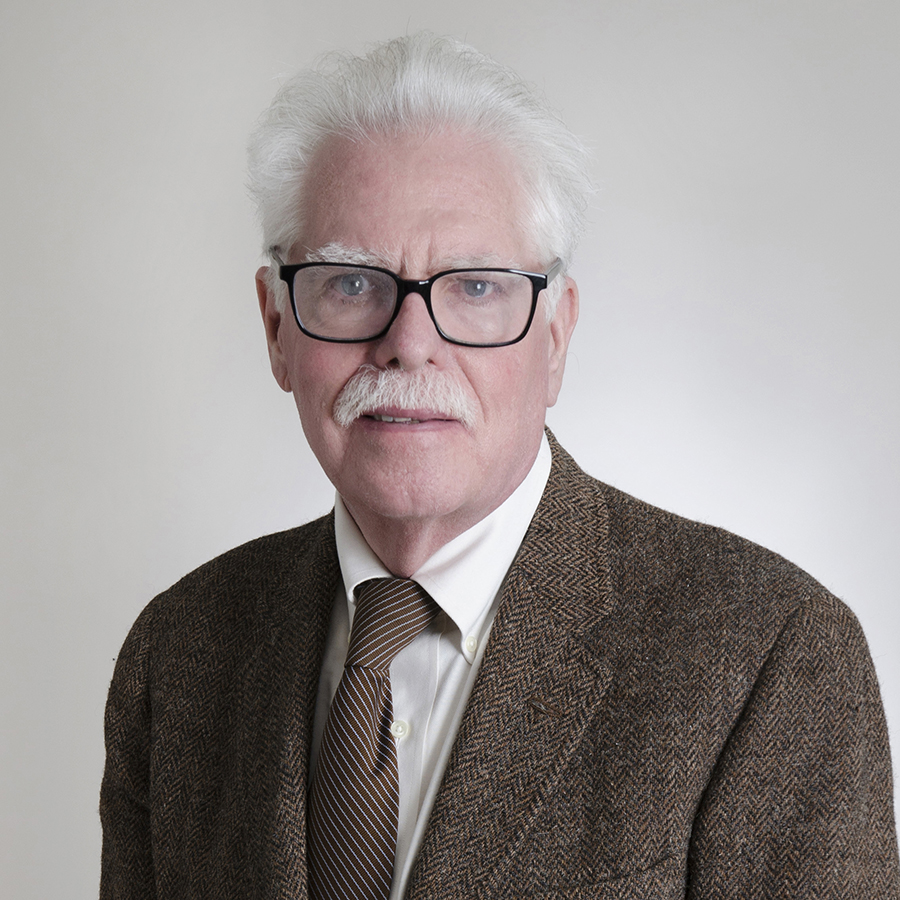Andrew Jay Schwartzman
2014-current
Benton Senior Counselor
Andrew Jay Schwartzman is recognized by many as the “dean” of public interest communications attorneys. From 1978 through 2012, he headed the Media Access Project (MAP). MAP was a non-profit, public interest telecommunications law firm which represented the public and promoted First Amendment rights. From 2014 through June 2019, Schwartzman served as the Benton Senior Counselor and Lecturer in Law at Georgetown University Law Center’s Communications and Technology Law Clinic, which is part of the Institute for Public Representation. There, he supervised Georgetown’s students in litigating communications issues before the Federal Communications Commission, Federal Trade Commission, and the courts. Schwartzman will continue to be a leader and mentor on a number of issues including reforming and modernizing the FCC's Lifeline program, protecting Network Neutrality and online privacy, and preserving media consolidation rules. In addition to his work at the Benton Institute, he will continue as a Lecturer in the Johns Hopkins University School of Arts and Sciences Department of Advanced Academic Programs.
Andy's Articles:
Benton's Thoughts on the Future of the Universal Service Fund
How NTIA Can Use Historic Investments to Ensure Universal Broadband
What to Expect When You're Expecting a Net Neutrality Decision
Opening Day at the Court of Appeals
What To Expect When You're Expecting an Antitrust Trial
Can You Help Out The President By Challenging NBC’s License?
The Supreme Court Establishes A First Amendment Framework For Social Media
Beware: The UHF Discount Is Rising From The Dead
Why Radical Deregulation Is Happening So Fast At The FCC
Broadband Over Power Lines -- We Really Mean It This Time
Globalstar's Christmas Present
The Trump FCC’s Toolkit For Deregulating Media and Telecommunications
The Most Important Part of the Telecommunications Business You Probably Don't Know About
Can We Get Better Wi-Fi Without Jeopardizing Traffic Safety?
Tom Wheeler In The Home Stretch
Can The FCC Protect Internet Subscribers’ Online Privacy?
Lifeline Reform Reaches the Home Stretch
A Guide To Broadcasters’ Obligations During Election Campaigns
Will Rick Santorum Be The Next Host Of Saturday Night Live?
Finishing The Job On Prison Phone Calls
What Is “Advanced Telecommunications Capability” And Why Does The FCC Examine It?
Tom Wheeler - The Halftime Report
Lifeline - Where Did It Come From?
Does The Net Neutrality Decision Impose Rate Regulation?
The Legal Underpinnings Of The IP Transition
So They’re Voting On Network Neutrality, But What Happens Next?
Will The FCC Zero-out Zero-ratings in Net Neutrality Decision?
The Sale of the Century? How the FCC Plans to Sell Off Part of the TV Band
Congress and the FCC: An Uneasy Relationship
What Is All This Talk About 'Forbearance?'
FCC Monday Morning Quarterbacks the Sports Blackout Rule
The Question of Preemption: The FCC Considers Lifting Municipal Broadband Restrictions
The Legal Underpinnings Of The Prison Phone Call Debate
Unlicensed Spectrum: The Challenge and the Opportunity
A Primer on Political Speech and Broadcasting
Understanding Broadcasters v. Aereo
Here’s How The Government Handles A Deal Like Comcast/Time Warner Cable
Did Congress Empower the FCC to Regulate the Internet? Appeals Court Says ‘Yes’


